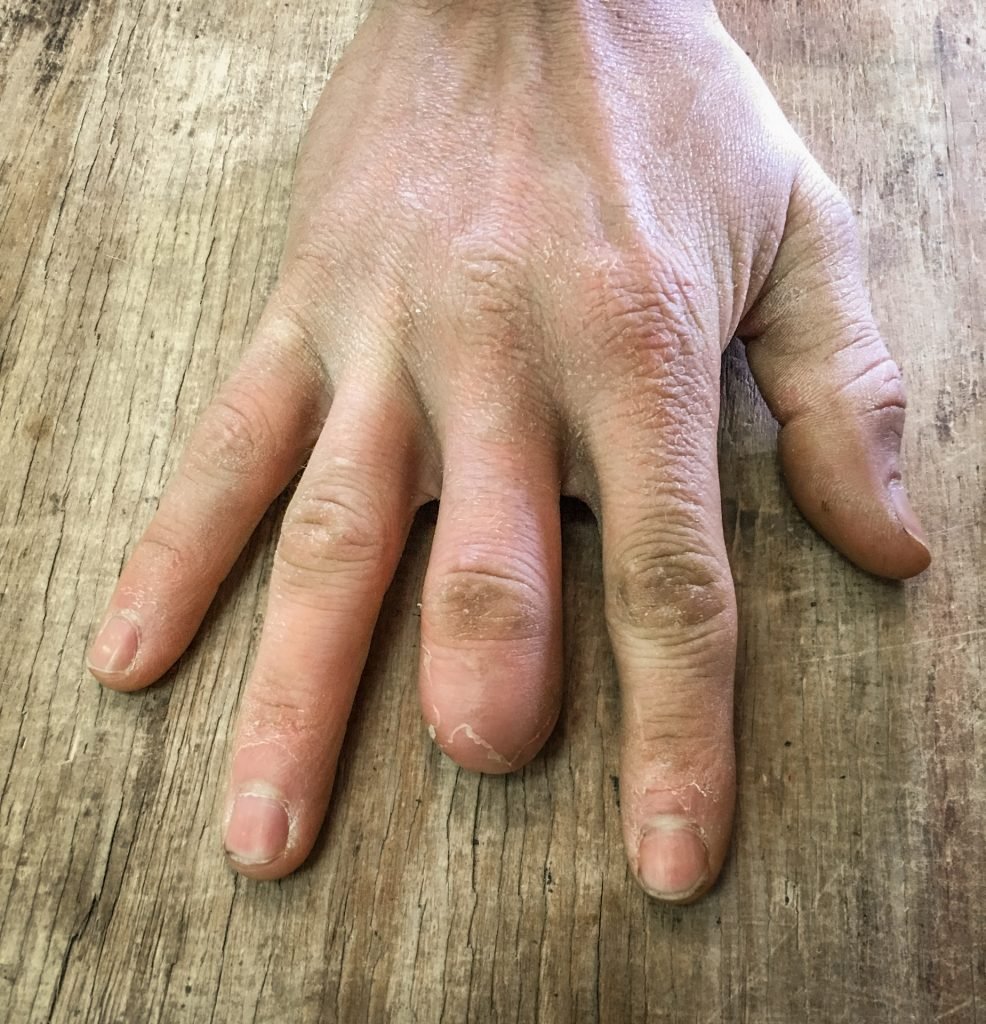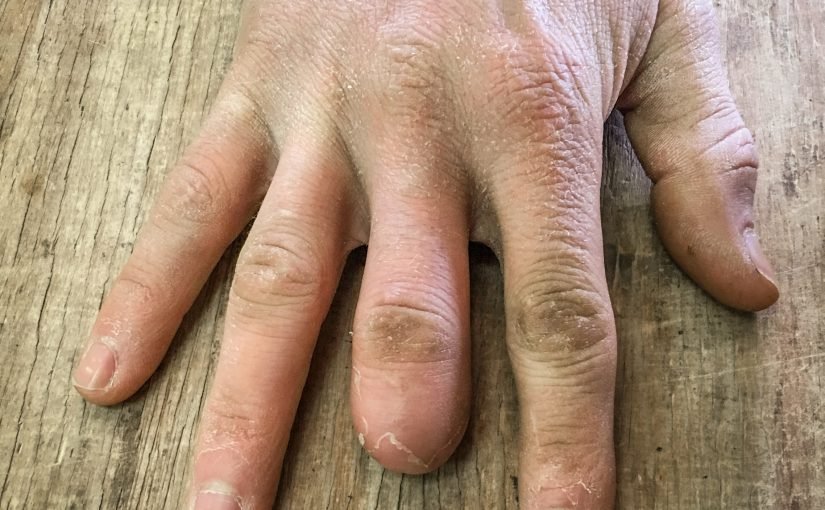Blood
In an average Australian year, 24% of work place fatalities happen within the agriculture sector. With less than 3% of the population working within farming this makes us 8 times more likely to die at work than any other industry.
Farming is a dangerous career choice. From working with dangerous machinery to working with animals and nature, everyday we partake in activities which could change our life for ever. Sure, other industries have risky practices, but farming as an industry has been pushed to a desperate place. Often people are working alone and so if things go wrong there is no help at hand. Always farmers are pushed for time and resources which means equipment is often not maintained, corners are cut, people get complacent as the ‘job just needs doing now! We’ll worry about fixing it later’. Then to top it off the work of farmers is way under valued by our current society, there’s no heroism in ‘thanks for giving your body and soul so that we can eat’.
I’ve had the benefit of coming from a workplace where OHS is taken very seriously. Oli is known for being a rare breed when it comes to safety gear and protocol when riding motorbikes, forestry and hunting. Yet with all this risk assessment framework in mind, we too fell victim to ‘just get the job done’. Since starting to farm we’ve had a few near misses, learnt some cheap lessons until we were forced recently to slow down.
Things have been stressful, trying to get this factory built so we can start selling dairy. Building always seem to take longer than you think. But this particular Saturday, 5 weeks ago, wasn’t such a stressful day. We were just moving the water cart after having filled it. There were a few factors in the lead up.
The 1968 Toyota stout (Bert) that we usually use for towing the water cart was in use for moving the milking parlour so I was using our registered 1978 Toyota Stout (Vera).

The tray hangs out over the toe hitch which makes connecting and disconnecting trailers awkward at the best of times.

We then connect the 1500ltr single axel water cart.

The grass was very wet so the road tyres on Vera were struggling to get traction, frustration builds. We managed to get the trailer moved but parked on a slight backward slope. Now here’s the worst part; we knew our hands were at risk. Oli stopped me from pulling the tow hitch up. We stood back and thought about it. ‘Well at least put your hand under, not over, so if it does jump up you wont get crushed’.
Then next thing I knew Oli had jumped back, screaming ‘F*#k! I’ve cut my finger off’.
Sweat
The trailer hitch had jumped up against the tray of the ute with such force and taken the end of Oli’s middle right finger clean off.
Over the next 48 hrs we had many thoughts regarding the medical system in Australia. But in this first period we were so grateful we have access to Castlemaine Hospital and its facilities. Within 20min of the event we were with a Dr having it cleaned and the surgeon organised in Bendigo.
Arriving in Bendigo was a slightly different story. We saw how lucky we are in Australia to have such high level public health care. But even with this, on a Saturday afternoon in a regional hospital, on the night of ‘white night’ the number of high level staff available meant that when Oli finally got into surgery at 1pm the next day they had to remove more of his finger than he did on the trailer.
Tears
Coming to terms with it has been the hardest part. This finger has healed remarkably; the body is an amazing thing.

But the physical lose of the end of his finger and realising that our own completely avoidable actions caused this has been hard.
We’re taking safety very serious now. When that part of your brain says don’t do it, we’re listening. When we think ‘I’ll just do it this time and then fix it’, we fix it now. The hardest part is going to be maintaining this into the future. When the finger becomes normalised and the trauma fades, how do we remember that short cuts are rarely short and the risks are not worth it. Our bodies are all we have and they’re bloody good to us! We hope our story helps others make better decisions next time they do something risky.
Time
Time is the only thing we can never change, if we could we would go back and do many things differently.
Taking more care to look after the land, our animals and our selves takes longer.
This injury has highlighted for us that caring for our selves is just another facet of moving toward a more sustainable agriculture. We are really grateful to everyone supporting this movement.




Leave a Reply